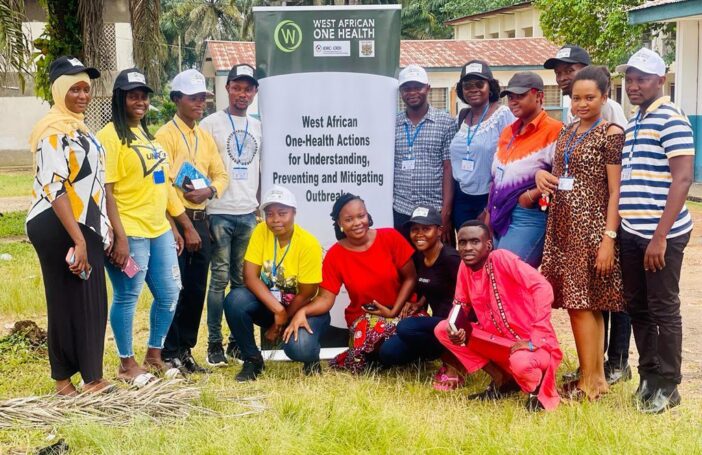Just as living with a long-term illness is never as simple as being unwell, fighting an epidemic is never simply about medical practice. This much becomes clear within the first few minutes of Dr Benjamin Black’s recent LSE podcast on his work with MSF in Sierra Leone. Black, an English obstetrics and gynaecology registrar, went to Sierra Leone to help with maternal health, but his work was rapidly overrun by the rise of Ebola. Black is an excellent speaker and his talk is the best development podcast I have heard in a long time. It weaves together practical problems, such as how hard it is to work in personal protective equipment in tropical heat, with ethical dilemmas (what, for example, do you do about a pregnant woman who arrives at your clinic presenting symptoms and signs that could be Ebola or which could simply be a serious complication of pregnancy?) The talk also covers structural issues, such as the consequences and causes fragile public health systems in West Africa. It is a powerful and thoughtful presentation. It is also very hard to get through without concluding that wealthy countries should be doing a lot more to help, not only in tackling Ebola itself, but with finding and funding ways of getting health services to the world’s poor.
Of course, in addition to the human aspects of the illness, there are also simple medical mysteries associated with Ebola, and the New Yorker has a good blog post on just what we don’t know, and need to know, about how the virus works.
The New Yorker also has a must read piece (currently free on-line while they promote the magazine by providing open internet access) on the Central African Republic, which has suffered large-scale ethnic conflict for over a year and teetered on the edge of genocide.
If this was a conflict in the Middle East we would know a lot more about it, and there is a reasonable chance the world would be doing more about it too. As it is, bits and pieces of peace have only been held together by local actors, such as the priest who the story is framed around, and an international peacekeeping mission which, while clearly inadequate, may have staved off an even worse tragedy. As Jon Lee Anderson, the article’s author writes:
Most people I talked to agreed that the international forces had averted a genocide. Kasper Agger, of the Enough Project, said, “Their presence helped keep the killing from spiralling out of control. It probably was a game changer.” But no one thought that tamping down the violence was enough to turn the Central African Republic into a cohesive state. Many pointed out that the fighting had subsided largely because the country was effectively partitioned, with the peacekeepers’ help, into Christian and Muslim regions.
And as the article shows, this partitioning came with substantial death and suffering too.
This is a conflict I am ashamed to say I know too little about. And Lee Anderson’s article was a very good start in rectifying this. Highly recommended.



